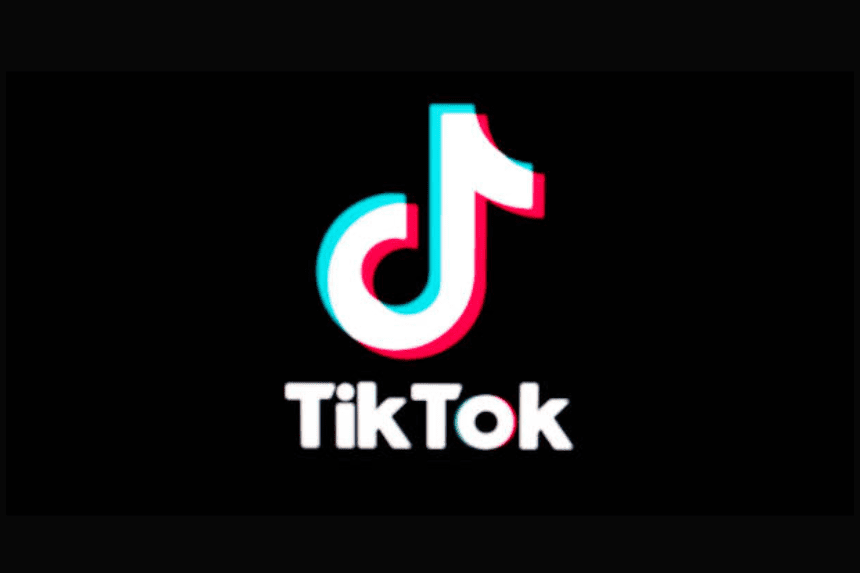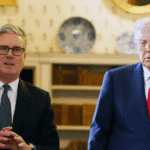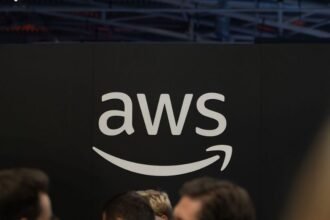A proposed TikTok deal between the United States and China has taken shape after high-level talks. The agreement would shift control of TikTok’s U.S. operations to American investors, addressing concerns over data privacy, foreign influence, and national security.
Officials from both countries have confirmed that a basic framework is in place. However, legal and technical specifics are still under review. Leaders from both governments are expected to finalize the agreement soon, with regulatory scrutiny on both sides likely to follow.
What Is Included in the TikTok Agreement?
The draft arrangement outlines a transition where U.S. entities would manage TikTok’s American operations. Despite this, TikTok’s current parent company could retain rights to key technology under a licensing model.
Under these terms, intellectual property such as the algorithm would not be sold outright. Instead, it may be licensed to ensure the continued functionality of the app without full control transferring abroad. Here is the link to our article on the Trump TikTok Deal.
Will U.S. Users See Any Changes?
If the TikTok deal proceeds, users in the U.S. may notice changes in how the app performs. Data management could be relocated to domestic servers. The recommendation system may also undergo adjustments to comply with regulatory requirements.
While the interface may stay the same, there could be limits on content diversity and engagement speed due to reduced access to the original algorithm. Nonetheless, this model aims to balance national interest with user experience.
Are Lawmakers Likely to Approve It?
There is a growing debate within the U.S. over whether the proposed framework meets legal requirements. Previous legislation demanded complete separation from foreign control, and some officials argue that licensing the algorithm does not fulfill this.
Any deal will likely require review and approval by Congress, making the political pathway unpredictable. Both support and skepticism exist across party lines, particularly around security and censorship concerns. Here is the link to our article on the Trump TikTok Sale.
What Details Are Still Unresolved?
The TikTok deal still leaves several questions unanswered. One major issue is how data governance will be enforced to prevent unauthorized access. Another is how the U.S. version will operate alongside international versions still owned by the original company.
Additionally, approval from the private company’s board and compliance with export laws in both nations could affect the final structure of the agreement.
How Might This Benefit China?
For China, the deal preserves influence without ceding full ownership. By licensing technology rather than selling it, the country retains control over its intellectual property. At the same time, it avoids a full ban in one of the app’s largest markets.
The deal also sets a potential precedent. Other Chinese companies may now explore similar licensing paths to enter or remain in the U.S. market, while maintaining strategic assets at home.
Final Thoughts
The proposed TikTok deal represents a potential turning point in global tech governance. If executed effectively, it could offer a template for managing cross-border digital platforms without sacrificing national interests.
However, the road ahead remains complex. Trust, transparency, and regulatory clarity will be essential for this deal to succeed. Ultimately, the effectiveness of the TikTok deal will depend on whether it delivers true independence and safeguards for all stakeholders involved.








